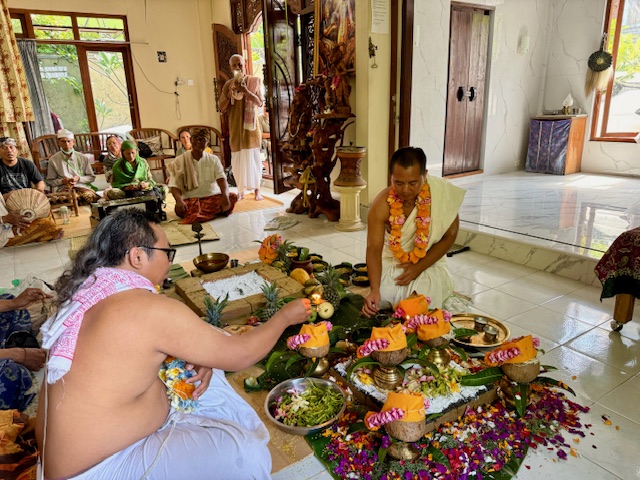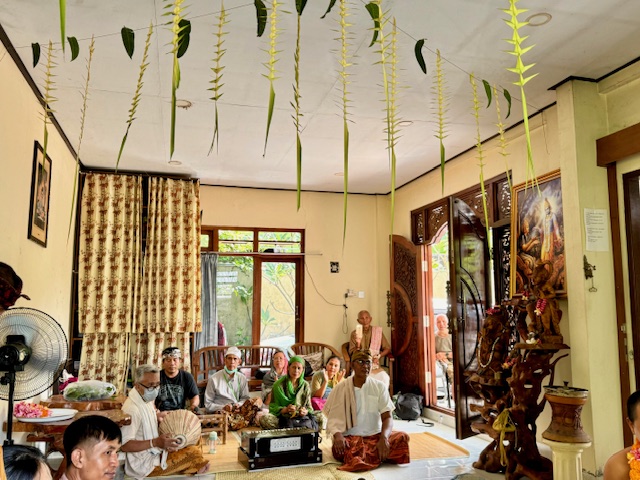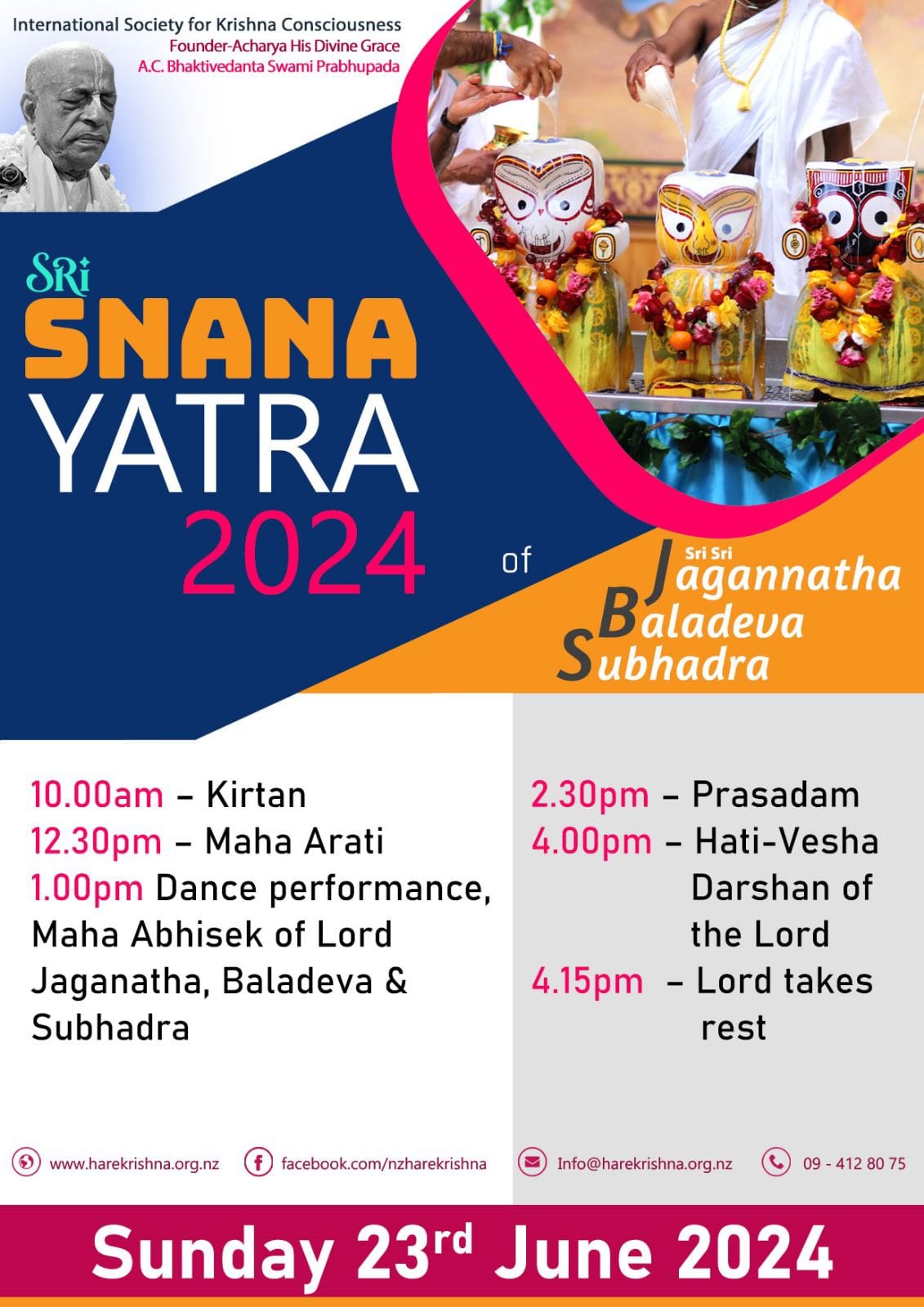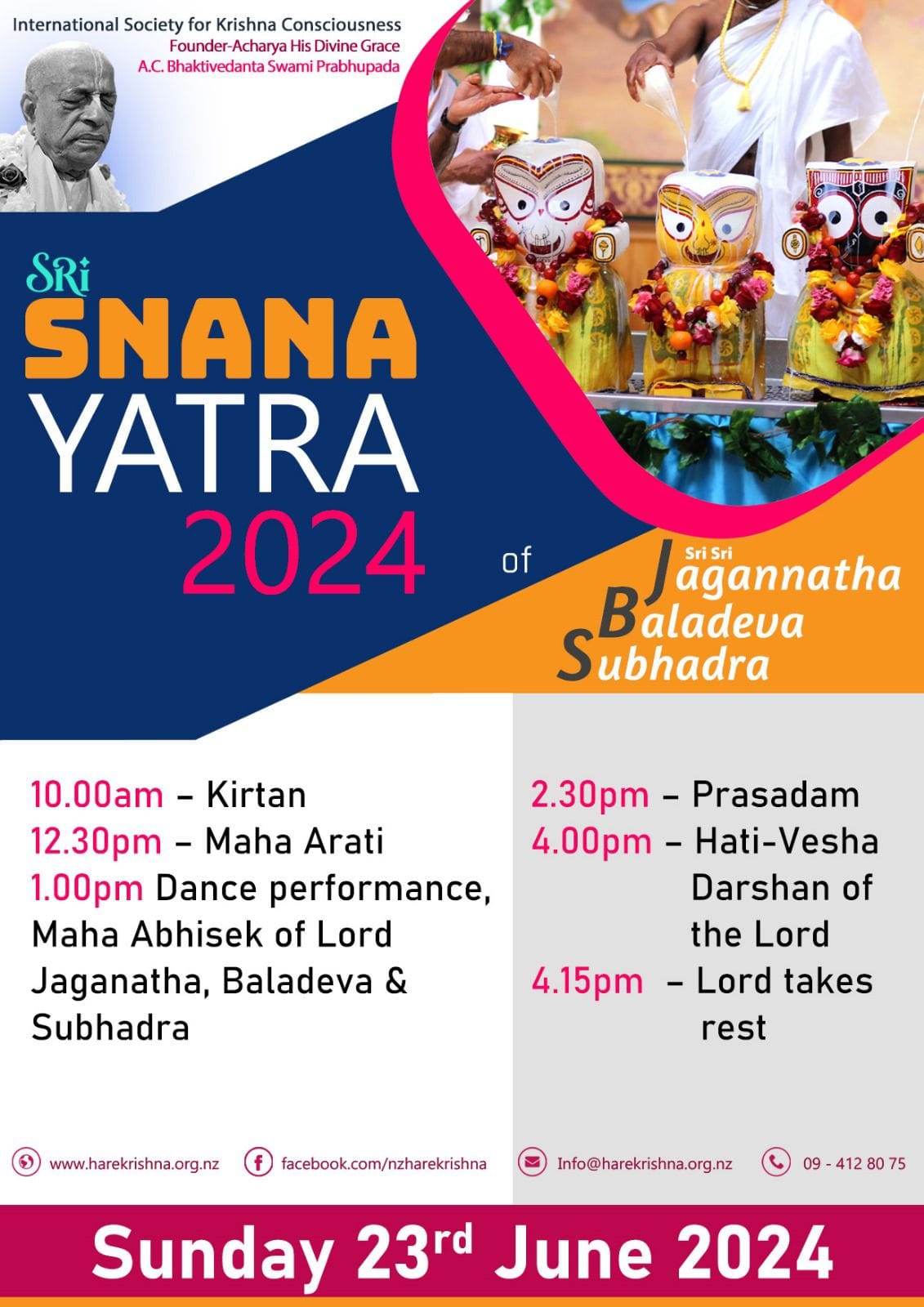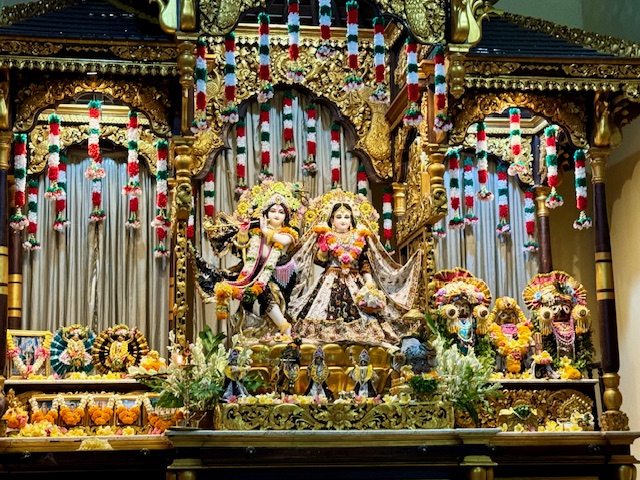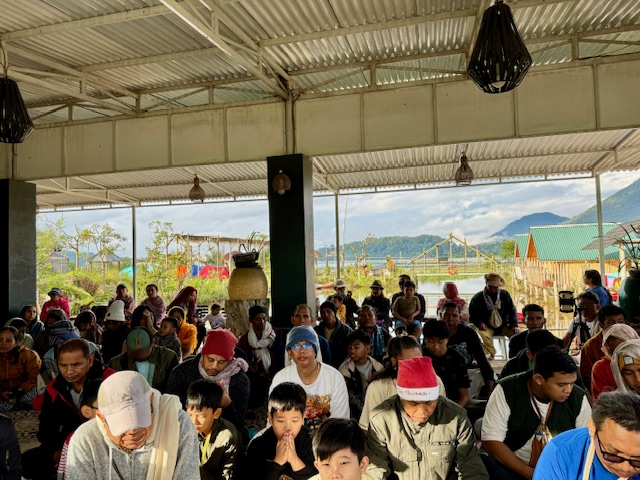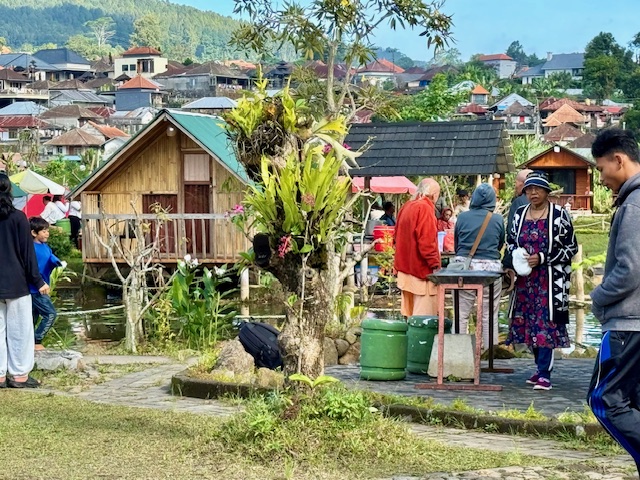Answer Podcast:
Transcription
Question: How to reconcile Krishna’s omniscience with our having free will?
If Krishna knows past, present and future, how do we reconcile that with the fact that we have free will? Or if we have free will, how do we reconcile that with Krishna’s knowing past present and future?
Answer: Firstly, Jiva Goswami explains in the Sandarbhas that when we approach Krishna, there is the concept of Achintya tattva, inconceivability that needs to be understood. What does inconceivability mean? He says that sometimes scripture talks about two attributes of God or two spiritual principles. Now, they seem contradictory to us, but they are not necessarily contradictory. Why? Because God can have powers that we don’t have. He says if scripture is saying two statements, say for example, scripture says that the Absolute Truth is personal and scripture also talks that the Absolute Truth is impersonal. How that is so? That we don’t know, but we accept both as true.
Similarly, scripture is quite clear that we have free will. The end of the Bhagavad Gita is what? Krishna is asking Arjuna, yathecchasi tathā kuru (18.63). Scripture is also clear that vedāhaṁ samatītāni vartamānāni cārjuna bhaviṣyāṇi ca bhūtāni. In 18.63, Krishna is emphasizing our free will. In 7.25-26, he says that Him no one knows, but He knows everything. How is this to be reconciled? I will talk about three main points in this.
First is that God’s knowledge of the future is like our knowledge of the past. What does that mean? (Laughter). Our knowledge of the past is knowledge without control. I did something in the past, I know it, but I can’t correct it right now. God’s knowledge of the future is also knowledge without intervention. It is not that Krishna cannot intervene, but He chooses not to intervene because He respects our free will. So, it is not necessary that knowledge has to mean that our freedom is taken away. This is a philosophical analysis. From a little more practical point of view, what it means is that if there are three roads on our path, there is a road over here, this road goes to a rocky area, this road is a smooth road, and this road goes into a dead end. Now, if someone takes a particular road, we know eventually what is going to happen. Choices are connected with consequences. So, which choice will lead to which consequence is known to a person who knows the whole area/terrain. But that does not still mean that that person forces the person to make a particular choice.
Similarly, Krishna knows the future in the sense that He knows there are certain choices that will lead to certain consequences, but still He gives us free will by which we can choose.
Secondly, and more importantly, in the spiritual realm, more important than knowledge is love. That means if you see when Krishna performs Krishna leela, He knows what is going to happen. It is He who is performing the pastime, it is He who knows, “Oh, when I’m going to steal butter, Yashoda Ma is going to come from here and then she’s going to catch me, then I’m going to run here, then this is going to happen, this is going to happen.” Now, Krishna knows everything. Sometimes when there is some suspense novel, then somebody says, this is a very good mystery novel, this is a good suspense novel, “don’t tell the story to me, don’t tell the end, otherwise you’ll spoil all the fun.” (Laughter).
In that sort of mystery novel, the fun is in knowing. Whereas, when there is love between two people, the joy is in the doing. It’s not so much in the knowing. Knowing is there, but the joy is in the doing. Krishna loves Yashoda Ma, Yashoda Ma loves Krishna, and in just their reciprocation there is joy. So it is not necessary that the event happening in a particular way and this happening or that happening, that’s what brings joy. It’s just their reciprocation that brings joy. In the spiritual realm, more important than knowledge is the expression of affection. For us as sadhakas, irrespective of whether Krishna knows or not our future, what is more important is that we have the opportunity to express our affection to Krishna and by expressing our affection to him, we can experience higher spiritual happiness. Ultimately, what applies to the spiritual realm? Now it is not only Krishna who knows what pastimes He is going to do. Krishna has certain assistants, associates, who participate in the pastimes and some associates who set the scene for the pastimes. Like we have Paurnamasi or we have Yogamaya especially. She’s setting the scenes for the pastimes. When she does that, the whole purpose is that she knows what is going to happen and still she relishes it.
In the spiritual world, knowing is not as important as doing and loving through that. The same applies to the sadhakas. We don’t have to bother whether, you know, if Krishna knows the future, then does Krishna know when I’m going to go to Him, when I’m going to attain Him and then if I’m going to go to Him after 10 lifetimes, maybe I can practice bhakti after 10 lifetimes only. (Laughter) Why practice now? No, the point is, even if we are going to go to Krishna after 10 lifetimes, if you are practicing bhakti, those 10 lifetimes will be much richer. We will be much better in our existence here, much better in our contributions, whatever we can do for others. The point is, even if it is after 10 lifetimes we will go to Krishna, still those 10 lifetimes also we can be experiencing Krishna prem, even if it is not a very advanced level, but still we can experience love for Krishna and experience the higher life devoted to Him in this world.
If we shift that focus, as devotees, we’re not really concerned so much about the future. Yes, we want to attain Krishna, but our focus is on loving Krishna. I came from India to America. Suppose I had come here to meet someone and the person who I had come to meet, I had not met that person before. I come to America and I find the address, I knock on that door, the person opens the door. Then I say, “Oh, this person was sitting right next to me in my flight, throughout my flight, but because I did not know this person, so I did not know this was the person I was going to meet.” Like that, Krishna is not just someone whom we will attain when we attain Krishnaloka. Krishna is right next to us in our own hearts: sarvasya cāhaṁ hṛdi sanniviṣṭo, He is right now in our hearts. It is not that the opportunity to connect with Krishna depends on our attaining Him in some distant future. That opportunity is there right now. Even though we may not realize and relish it as much as we will when we become purified, but still that opportunity is there right now.
The whole essence of bhakti is what we can do to connect with Krishna, how we can love and serve Krishna right now. Whether it is Krishna’s omniscience or it is Krishna’s omnipotence, Krishna knows past, present and future, that is His omniscience. Omnipotence is whether He can do anything and everything. All these attributes are subordinated for the purpose of love. See, Krishna is omnipotent, so how can Mother Yashoda tie Him? But still, for the sake of reciprocating love, He lets Himself get tied. Just as Krishna and Krishna’s love focuses not on His Godhood, but on the reciprocation of love, similarly, when we are practicing bhakti, we don’t focus too much on His Godhood, in the sense that certainly we focus on His Godhood so that we subordinate ourselves to Him, but when it comes to practicing bhakti, we focus not on His Godhood, but on the principle of offering our love.
End of transcription.
